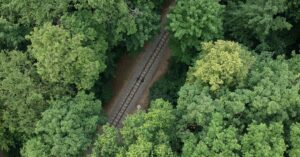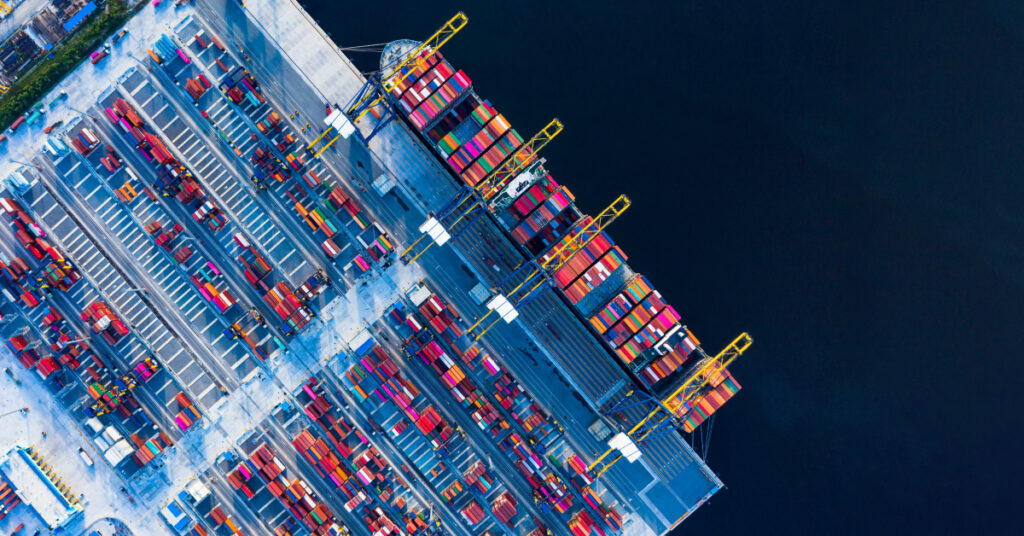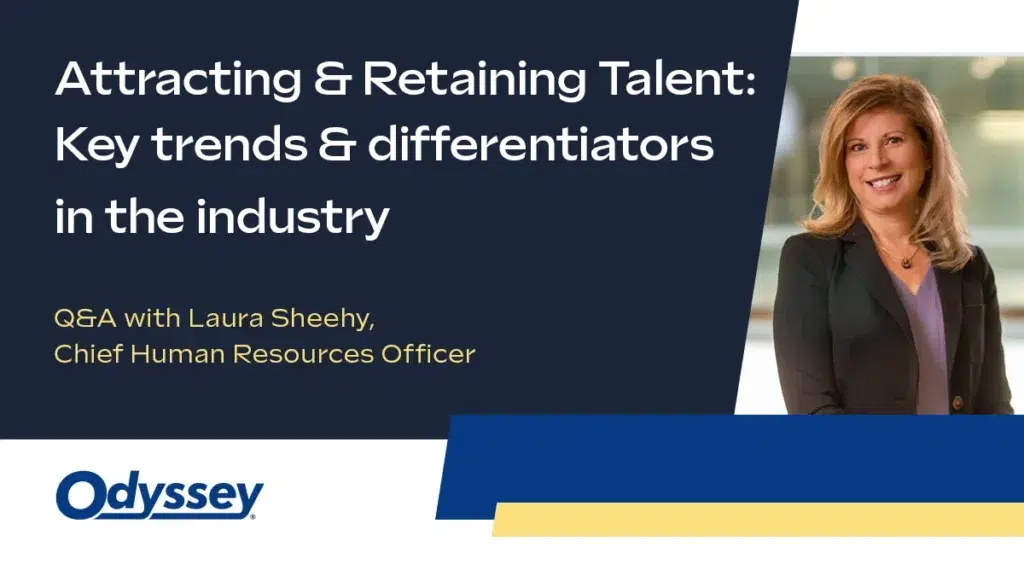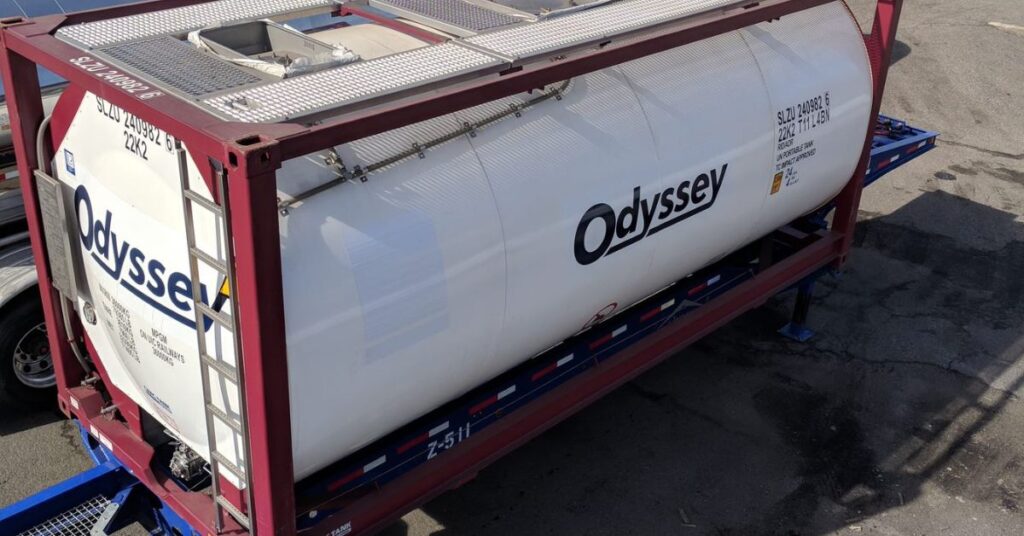Consumer demand for sustainable practices is on the rise and the supply chain is at the center of many of these conversations. “The expectations of stakeholder groups for a supply chain sustainability strategy have transformed in the last 10 years, with increased demands for transparency and action,” Gartner states in 3 Sustainability Trends Shaping Supply Chains in 2021.
According to GreenBiz, the business case for supply chain sustainability is growing. “By managing and improving environmental, social and economic performance throughout supply chains,” it says, “companies can conserve resources, optimize processes, uncover product innovations, save costs, increase productivity and promote corporate values.”
Despite the economic and pandemic-related challenges of the past year-and-a-half, organizational commitment to sustainability remains strong. According to the MIT Center for Transportation and Logistics and the Council of Supply Chain Management Professionals (CSCMP), most companies were undeterred in their efforts to create sustainable supply chains over the past year and that, for many, the COVID-19 crisis either accelerated their efforts or helped raise awareness of the importance of sustainable business practices, CSCMP’s Supply Chain Quarterly reports.
Freight Matters to Sustainability
According to the EPA, GHG emissions from transportation account for about 29 percent of total U.S. greenhouse gas emissions, making it the largest contributor of U.S. GHG emissions. Between 1990 and 2019, GHG emissions in the transportation sector increased more in absolute terms than any other sector. Cars, trucks, commercial aircraft, and railroads, among other sources, all contribute to transportation end-use sector emissions.
The EPA projects that by 2025, as international commerce increases and supply chains become more global and complex, shipments of U.S. goods will grow another 23.5%.
“As freight activity in the US increases, projections are that during this same time frame, growth in air emissions from freight will exceed growth in emissions from all other transportation activities,” the EPA adds, “including passenger transportation.”
Governments Get On Board with Sustainability
If it’s passed into the law, the $1 trillion Infrastructure Investment and Jobs Act (IIJA) will greatly impact the nation’s infrastructure with its $113.3 billion in advance general fund appropriations for various forms of infrastructure—including transport—“above and beyond” authorization and funding from trust funds, Logistics Management reports.
The deal provides about $567 billion in new federal money for roads, bridges, rail lines, transit projects, water systems and other physical infrastructure programs. It also includes funding for freight formula and Infrastructure for Rebuilding America (INFRA) programs; increases the amount of multimodal eligible funding; $6.42 billion for a Formula Carbon Reduction Program, which establishes a new carbon reduction program to reduce transportation emissions; $250 million for reducing truck emissions at ports; and a pilot program on a gas tax alternative that would charge users based on vehicle miles traveled (among other projects).
“There’s money to rebuild roads and bridges, and also to shore up coastlines against climate change, protect public utility systems from cyberattacks and modernize the electric grid. Public transit gets a boost, as do airports and freight rail,” Transport Topics notes. “Most lead drinking water pipes in America could be replaced.”
Creating New Paths for Sustainability in Logistics
With the Cloverleaf™ Sustainability Program, Odyssey Logistics is changing how supply chains impact the environment — and finding smart, new paths for sustainability and economic growth to work together for all stakeholders, including customers, carrier partners, consumers, investors and colleagues.
Cloverleaf is a science-based program and in the years Odyssey spent developing this program, it recognized how electrification, artificial intelligence (AI), analytics, IoT connectivity, alternative fuels and other emerging technologies can be applied in ways that measurably move us towards a carbon-neutral world.
Odyssey is heavily invested in the technologies behind Cloverleaf and actively participates in the SmartWay Program (USA), Green Freight (Europe) and other government-sponsored initiatives. “We recognize that sustainability is a global challenge that requires global collaboration,” says Bob Shellmen, President & CEO Odyssey Logistics, “and we apply our best thinking and most advanced technologies to every market we serve.”
To learn more about how Odyssey’s sustainability programs, click here.








